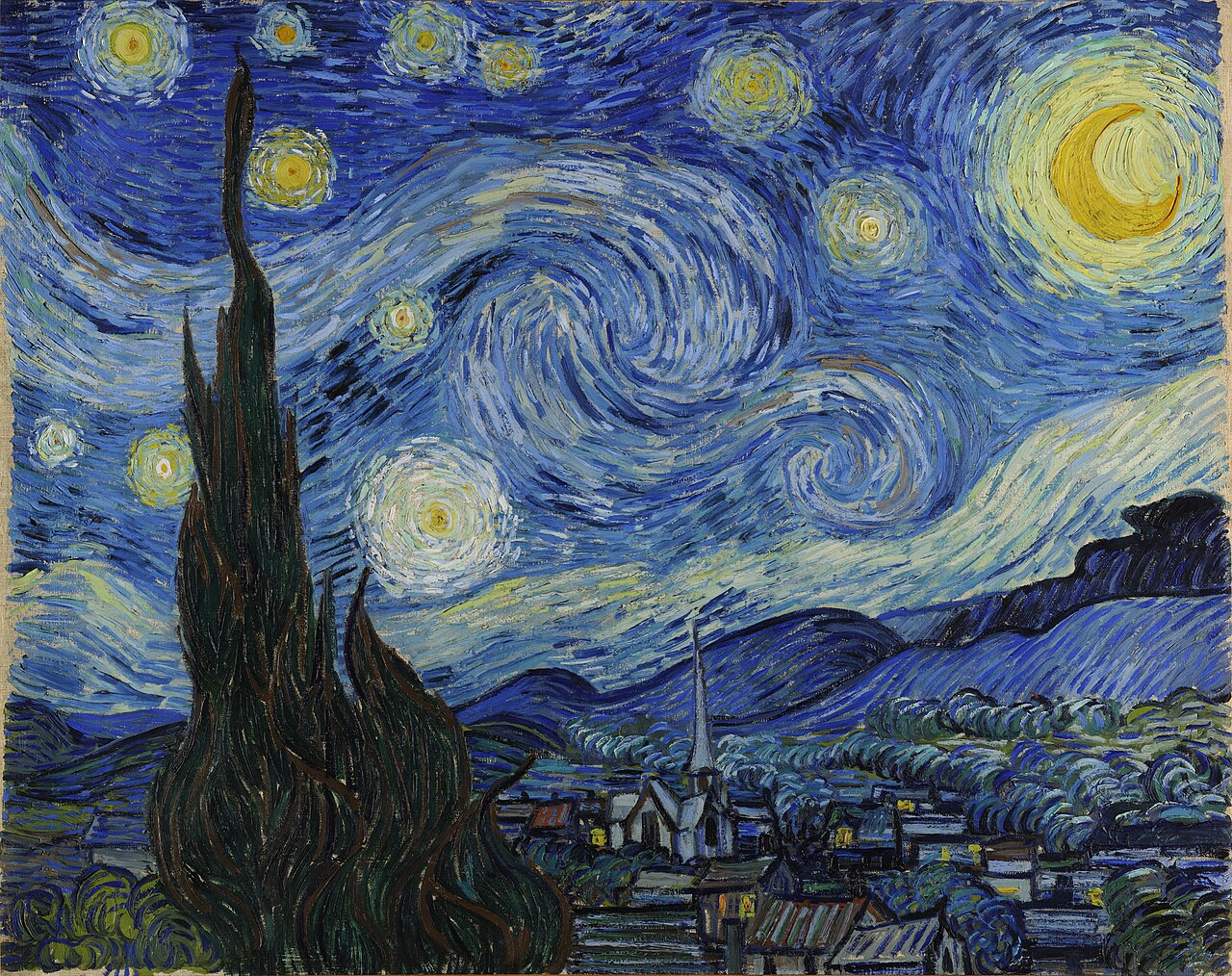We found yet another great activity in the list of totally awesome and free events, the Dublin Event Guide. I know we reference and link to D.E.G. a lot here, but being the tightwads we are, the weekly issue is always a home run for us.
This week we met up with members of the Irish Astronomical Society on Sandymount Strand. The group was set up as "Sidewalk Astronomers" to pay tribute to the late John Dobson. When we arrived at the strand (after dark, of course) members of the group had set up telescopes and were showing the wonders of the sky to the public.
Dobson is known in astronomical circles as sort of a godfather of amateur astronomers. He spent years studying in a monastery, and while there developed an extraordinary invention. Using tubes and mirrors, he was able build a relatively powerful telescope with inexpensive and easily found materials.
Upon leaving the monastery, he published his design and encouraged amateur skywatchers to build their own "Dobsonian" telescopes and start looking up. He co-founded the San Francisco Sidewalk Astronomers, and other Sidewalk Astronomer groups have formed in his honor. Funnily, what Americans call "sidewalks" go by other names in other countries, leading to some confusion among international newbies.
The members of the society here tonight are all amateurs with a range of different equipment. There were traditional telescopes with lenses and one Dobsonian reflecting telescope present from the society members while we were there. We spoke with the knowledgeable and friendly members of the society for a while, learning a lot about the planets, stars, and the state of amateur astronomy itself.
Unfortunately, the weather wasn't cooperating with us while we visited with the society. A cloud bank obscured the southern sky, so we weren't able to get a good look at the Orion Nebula or Jupiter, both of which were out and visible. We did get a chance to see some of the sights in the northern sky, and learned another interesting regional name difference.
Americans, what's the first (and usually only) constellation we ever learn to spot? That's right, The Big Dipper, that bright, shiny scoop in the sky. Good Scouts among us learn to use the Big Dipper to find the North Star, Polaris. Here, The Big Dipper goes by the name, "The Plough." I didn't catch it the first time our helpful astronomer friend pointed to it. I saw him pointing at the constellation, but missed it when he said, "Plough." When he said it a second time, I smiled and chuckled. I admitted to him that I didn't know The Big Dipper went by other names in different countries. He, of course, knew that it went by The Dipper in the States, so we both got a good laugh. Look at it again, Americans. You can see that The Dipper, when flipped, does indeed look like a plough blade and handle. Cool, huh?
He pointed out a few other constellations, or parts thereof, that were visible to the naked eye in the clear northern section of the sky. Light pollution from the city makes some dimmer stars difficult to see with the naked eye, especially in the sky directly above the city.
We checked out the telescopes themselves, fine pieces of technology, all. The modern lens-models were powered by a battery. When I asked why the power was needed, it was explained to me that these telescopes had driving motors on their mounts. The motors moved the telescope to follow the spinning of the Earth, keeping whatever was in the telescope still as it moved across the sky. I knew that stars moved slowly across the sky at night as the earth moved, but the movements are so slow to the naked eye as to be imperceptible. I suppose looking at something with high amplification would also amplify that movement. Installing these computer-controlled motors would indeed keep the telescope firmly focused on the field without irritating constant adjustments.
The Sidewalk Astronomers of Dublin conduct these public events regularly. Check their website for the latest public events. We certainly will, and we hope to come back on a clear night so we can fully benefit from the knowledge and wisdom of this enthusiastic society.


No comments:
Post a Comment
Please leave a comment, we'd love to hear what you think! Comments are word verified to prevent SPAM.